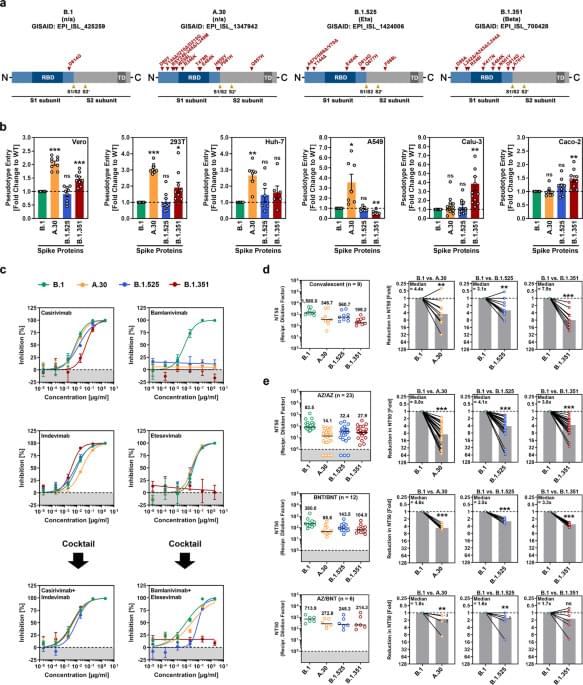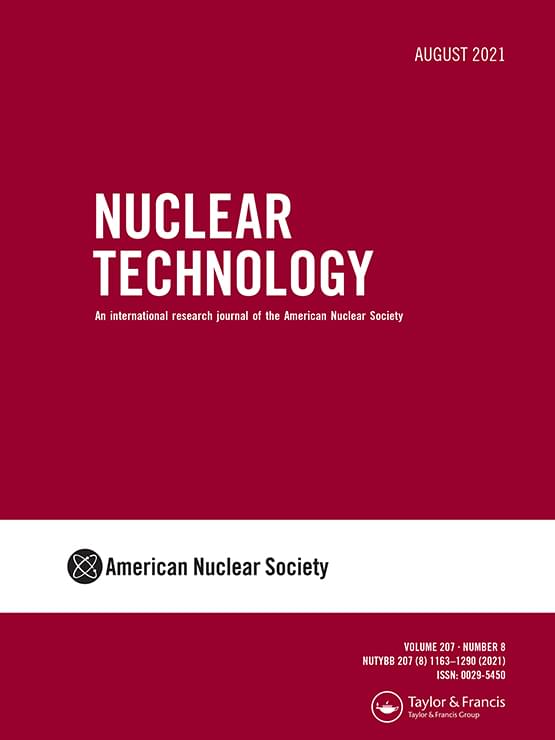(2021). Nuclear Technology: Vol. 207 No. 8 pp. 1163–1181.
Focusing on nuclear engineering applications, the nation’s leading cybersecurity programs are focused on developing digital solutions to support reactor control for both on-site and remote operation. Many of the advanced reactor technologies currently under development by the nuclear industry, such as small modular reactors, microreactors, etc., require secure architectures for instrumentation, control, modeling, and simulation in order to meet their goals. 1 Thus, there is a strong need to develop communication solutions to enable secure function of advanced control strategies and to allow for an expanded use of data for operational decision making. This is important not only to avoid malicious attack scenarios focused on inflicting physical damage but also covert attacks designed to introduce minor process manipulation for economic gain. 2
These high-level goals necessitate many important functionalities, e.g., developing measures of trustworthiness of the code and simulation results against unauthorized access; developing measures of scientific confidence in the simulation results by carefully propagating and identifying dominant sources of uncertainties and by early detection of software crashes; and developing strategies to minimize the computational resources in terms of memory usage, storage requirements, and CPU time. By introducing these functionalities, the computers are subservient to the programmers. The existing predictive modeling philosophy has generally been reliant on the ability of the programmer to detect intrusion via specific instructions to tell the computer how to detect intrusion, keep log files to track code changes, limit access via perimeter defenses to ensure no unauthorized access, etc.
The last decade has witnessed a huge and impressive development of artificial intelligence (AI) algorithms in many scientific disciplines, which have promoted many computational scientists to explore how they can be embedded into predictive modeling applications. The reality, however, is that AI, premised since its inception on emulating human intelligence, is still very far from realizing its goal. Any human-emulating intelligence must be able to achieve two key tasks: the ability to store experiences and the ability to recall and process these experiences at will. Many of the existing AI advances have primarily focused on the latter goal and have accomplished efficient and intelligent data processing. Researchers on adversarial AI have shown over the past decade that any AI technique could be misled if presented with the wrong data. 3 Hence, this paper focuses on introducing a novel predictive paradigm, referred to as covert cognizance, or C2 for short, designed to enable predictive models to develop a secure incorruptible memory of their execution, representing the first key requirement for a human-emulating intelligence. This memory, or self-cognizance, is key for a predictive model to be effective and resilient in both adversarial and nonadversarial settings. In our context, “memory” does not imply the dynamic or static memory allocated for a software execution; instead, it is a collective record of all its execution characteristics, including run-time information, the output generated in each run, the local variables rendered by each subroutine, etc.

